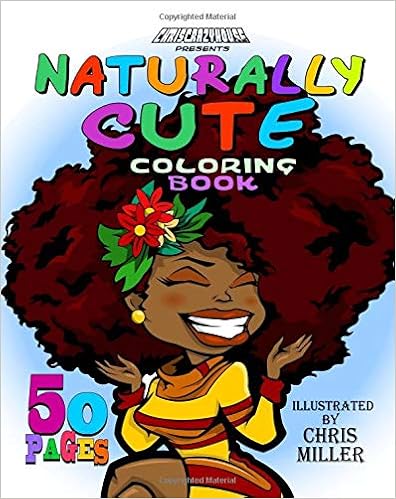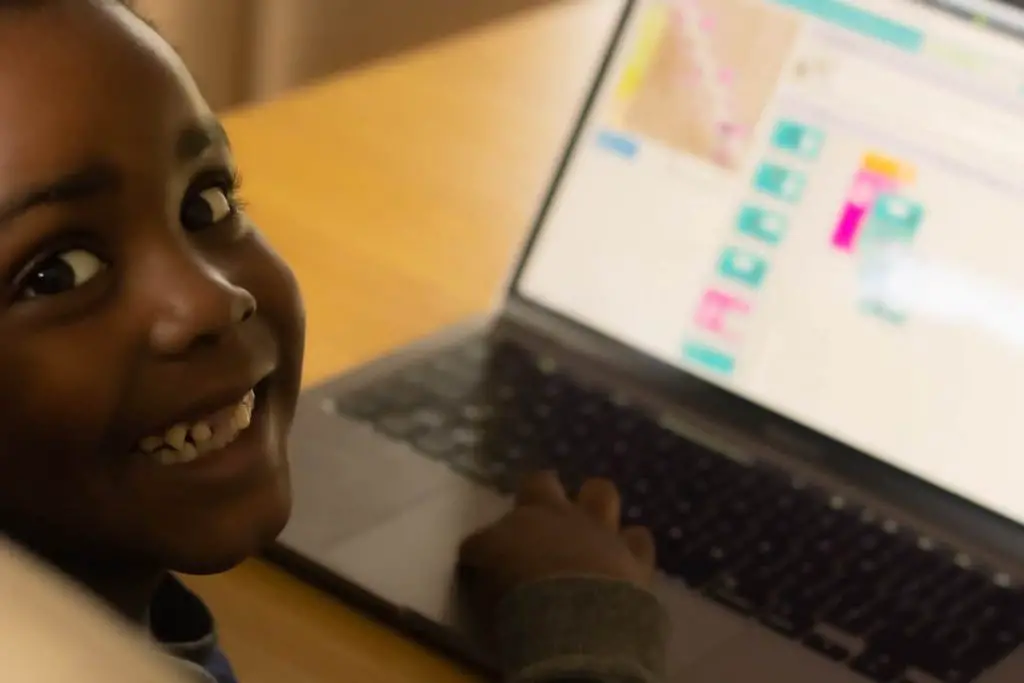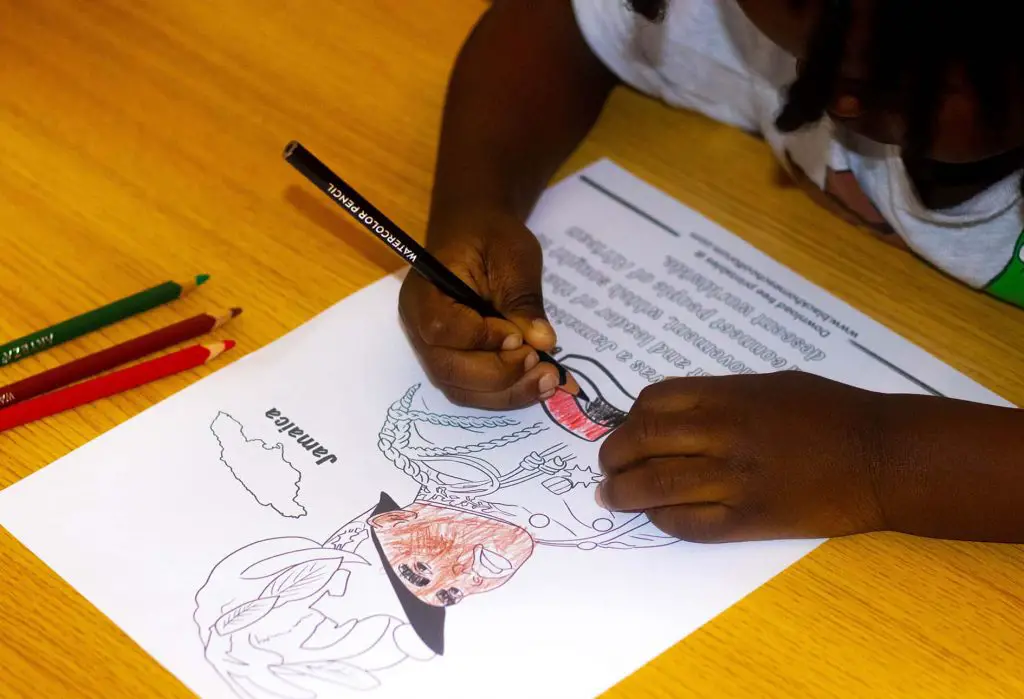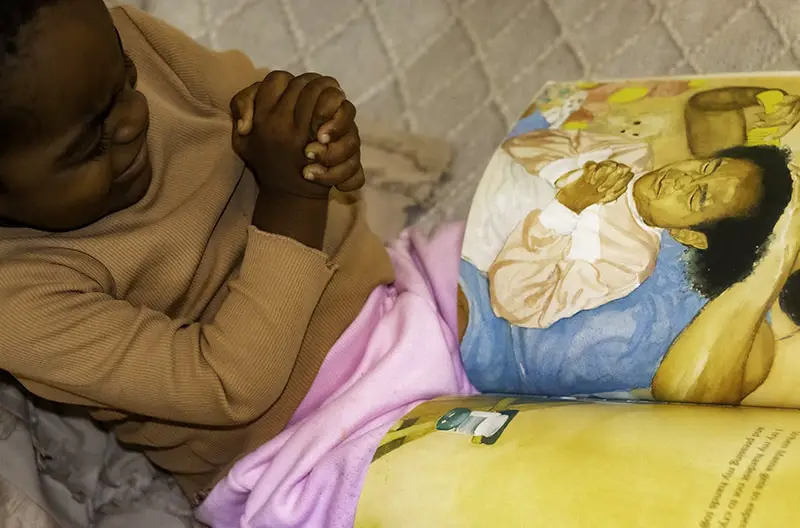How British Schools Are Teaching Black Children Self-Hate
There have been some shocking instances over the past few years regarding the discrimination and racism that black and mixed-race children have been facing in schools across the UK. There is this case… ‘Black pupils are being wrongly excluded over their hair‘. Then there is this… ‘Pupil repeatedly sent home from school over afro hair‘. And countless accounts of this discrimination, including this article on Huffington Post, with Black Brits sharing how the discrimination they faced, and that many other black children face, during school, ‘stays with you’.
In December, a Surrey-based academy allegedly threatened to internally exclude one of its pupils for wearing a hairstyle called ‘bantu knots’, otherwise known as ‘chiney bumps’. pic.twitter.com/GldF0k1WnE
— Nadine White (@Nadine_Writes) December 29, 2018
When we send our children to school, we entrust their safety, not only to the teachers but also to the government. However, in the case of black children, none of this safety or protection is guaranteed. All around Britain, black children are facing various kinds of discrimination from their teachers and peers.
How do these instances of discrimination affect black children, and what can parents, schools, and the government do to make schools safe for them?
In many schools, black children report being targeted for their skin colour, hair, beliefs, and social status. In cases where black children are targeted for ridicule by their peers from other ethnicities, we can blame parents, teachers, and schools who should enforce stronger punishments for racism. Eradication of racism needs to start from home, from white households to black households. Children need to know when they abuse based on colour and likewise, how to react when they are abused on the same basis. There should be severe consequences for the former and more education on the matter for both.
Anything less, encourages racial discrimination against black children that can only be blamed on schools. Instances have made headlines in which black students are repeatedly sent home, by teachers, because of their afro hair, which does not align with school policies. In the times we live in, hair that grows naturally on a child’s head should not be cause for trouble.
These cases show some factors which contribute to inequality in schools and society are overlooked because they are not directly mentioned in the Equality Act as a marker of race.
How Black Parents are Tackling the School to Prison Pipeline by Homeschooling
Black children are subjected to these policies that undermine their self-esteem, self-love, and their race. When a black child is judged because of their hair texture and style, they learn to think of their looks and background as inferior, unworthy, unattractive, and associate these negatives with their identity. We cannot continue letting this happen; having black school-going children cultivate self-hate because of school policies that inspire systematic racism.
We need to aggressively champion for these policies to be abolished as the first step, outside of our homes, to prove to black children that we adore them and respect their appearance, dignity, culture, and beyond.

The responsibility lies with parents, schools, society, and governments to show worth to the black child, however, we can only truly rely on one of these – Us, the parents.
How are parents supporting, educating and protecting children when faced with racial discrimination?
As we fight to save their hair, what other avenues are we taking to ensure the nature of the society we live in does not affect their esteem in the future?
To ensure our children are equipped for generations to come, we need to deeply instil self-love in them. In order to make meaningful changes in the future, we have to start at home. One of the most reasonable ways to encourage self-love in black children is to help them understand and appreciate their blackness; their skin colour, culture and features. To make this work, we have to revisit the origins and culture of black (African) people. We need to teach them history about how they ended up in predominantly white societies, and how they can stand up for themselves as well as forge a way to live in harmony with other ethnicities.
Black British Home Educator Shares Why She Deregistered Her Daughters & Experiences
To empower black children, we have to reconsider what they consume at home as well as school concerning African history. As long as they consume what is prescribed in school curricula, they will continue admiring and yearning to belong to that culture in books that doctored to support white superiority. During their formative years, what we expose them to, as they learn how diverse ethnicities and societies are, plays a big part in teaching self-love.
- Black dolls
- Empowering black books with black characters for girls and boys.
- Clothing with black characters on them
- Colouring books with black children and families
- Positive and inspirational black movies, shows and videos – we have even compiled a list of inspiring black TED talks.
Buy black children black dolls with black features and hair.
The introduction of black dolls is essential. It is imperative that, from a young age, black children see and play with toys and figures that embody their colour, features, and heritage. In the 1940s, when Kenneth and Mamie Clark first conducted the doll test, most black children preferred dolls with white complexion instead of black or brown dolls. It was a direct result of years of racial segregation and black submission, which showed effects on black children’s social and emotional development. We need to use all avenues to empower black children, so that if the doll test was to take place in 2021; the black child would not just be okay playing with black and brown dolls, but feel proud to do so.
Etsy has plenty of black-owned shops selling black dolls!
Original 1940 Doll Test
Doll Test Recreated In 2016
((Coming soon… Doll Test Recreated in 2021! 👀))
Buy black children books with images that represent them
We can empower our black children by teaching them their heritage through books and oral stories. Reading them storybooks written by black authors, with black central protagonists in various scenarios and roles will have a major effect on them mentally. Showing them their stories, beliefs, ways of life, and dreams will continuously help to combat the images displayed in the media or things they might experience at school and in wider society.
When they learn from books by iconic black figures and role models like Lupita Nyong’ o ( Sulwe), Matthew Cherry(Hair Love), and more, it instils in them the power to appreciate their race and features.
Clothing with black characters on them
Representation matters, in all forms! A t-shirt with a little black princess, prince or superhero on it looks just as good as one with a Disney princess or Superman on it. The only difference is one works in conjunction with the negative programming your child receives from other sources and one works against it. This might all seem a bit meticulous but these are some of the efforts required to balance the scales. There is little else worse than your child coming to you out of the blue and telling you they are ugly or that they don’t like their skin or hair and they want to be white. These stories show up on social media regularly and I always think to myself, what could have been done to prevent this. I much rather prevention to damage control.
Colouring books with black children and families
There are some amazing colouring books being produced by black artists these days, there really are too many to list.
Here are a few:
Another thing that has happened recently is Crayola have manufactured a range of ‘skin colour’ crayons and markers with a variety of browns, all the various shades we come in 🥰. You can get the 8 shades of browns pack or the 24 shades pack which is said to represent around 40 different skin tones.
Link to the washable multicultural markers: Crayola Multicultural Markers, Washable Broad Line Markers


















